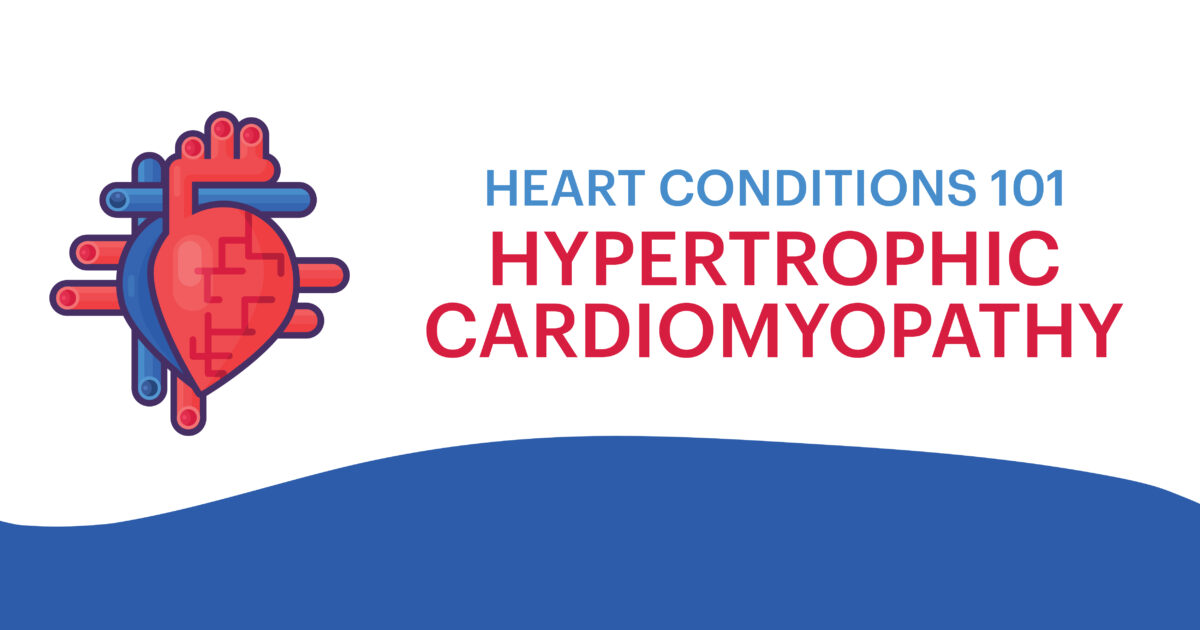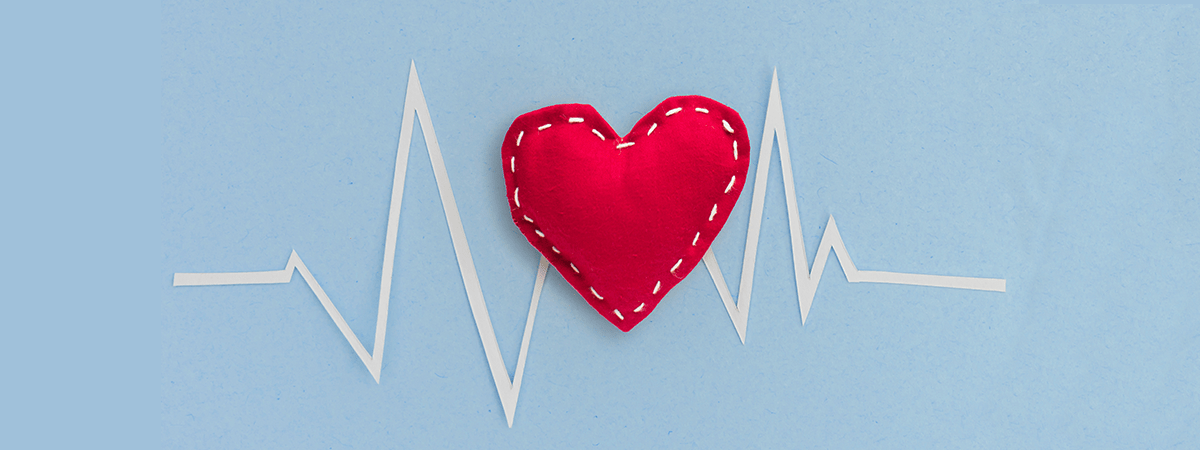Stress on the HeartBy now, it’s widely known that stress negatively impacts almost every area of our lives. So it’s of no surprise that it’s effects on our hearts are equally far reaching.1 While stress plays an important role of heightening our senses to escape from immediate threat and danger, in our modern world, it’s most often displaced. If you find …
Laughter: Medicine for Your Heart?
Laughter doesn’t just feel good. It is good. Science has shown that laughter is good for your cardiovascular health and overall well-being.1 Benefits can range from lowering your risk of heart attack and disease to reducing blood pressure. Let’s explore why that is and the other ways it supports your heart health. Why is Laughing Good for the Heart? When we laugh, …
Hypertrophic Cardiomyopathy (HCM): Causes, Symptoms, Treatment & Prevention
Hypertrophic cardiomyopathy (HCM) is a type of cardiomyopathy, and specifically a heart disease that can cause the heart muscle to thicken. This can make it difficult for the heart to pump blood properly. In some cases, hypertrophic cardiomyopathy can lead to heart failure or become fatal. However, there are treatments and preventative measures that can be taken today to help …
Fall Into Heart Health: How to be cardio-conscious this autumn
When autumn arrives, there’s a certain sense of renewal all around us. The air becomes crisper, inviting deeper breaths. The sun’s rays become gentler, inviting more opportunity for outdoor exploration. And heart healthy fruits and vegetables become readily available, inviting greater heart health and overall well-being. Even so, heart health won’t just “fall” in our laps. You still have to …
Revolutionizing Sleep Health: Cardiogram’s Role in the Early Detection of Sleep Apnea
In today’s world, digital innovation and healthcare are becoming inseparable. Not only that, the two make for a truly dynamic duo. A great example of this is in the way Cardiogram uses heart rate data from a standard smartwatch to pre-diagnose certain heart conditions, like sleep apnea. With our clinically-validated algorithms, we’re able to advance preventative medicine, making the world …
Migraines and Heart Health: The Unexpected Connection
One billion people worldwide suffer from migraine, making it the third most common illness. And studies have found that across the board, migraine increases the risk of several heart diseases, like atrial fibrillation, heart attacks, and angina. Here, we’ll discuss the basics of migraine headaches, including their causes, treatment options and how they’re connected to heart health. As well as …
Early Detection of Hypertension: Uncovering the Hidden Symptoms of ‘The Silent Killer’
When many of us think of hypertension, or high blood pressure, we often go straight to its most well-known symptoms; things like headaches, shortness of breath, or chest pain. However, this notoriously stealthy ‘silent killer’ often goes unnoticed. One reason for this is that hypertension is often symptomless. Another is that its less frequently touted symptoms are generally unknown. Both …
The Magic of Magnesium: Supporting Your Cardiovascular Health with this Mighty Mineral
Magnesium is a humble, yet mighty mineral that plays a substantial role in our overall wellbeing and is also a key player in maintaining our cardiovascular health. In fact, it can help the heart in maintaining its proper rhythm and lowering blood pressure. Unfortunately, in the United States, nearly half the population is deficient in this essential nutrient, leaving many …
Heart Rate Monitoring: The Future of Personalized and Preventative Medicine
The world as we know it today is rapidly shifting and changing. As technology continues to expand, we seem to expand with it. One area where this is the case (and the area we happen to be most interested in) is the intersection between technology and health. With the ability smartwatches have to collect and share vast amounts of data …
Preventing Heart Disease with Mind-Body Techniques: Where Meditation, Yoga, and Mindfulness Meet Cardiovascular Health
Though the leading cause of death worldwide, heart disease is largely preventable. Of course, shifting towards a healthier lifestyle is the greatest way to work towards prevention. And while the importance of diet and exercise is widely known, there’s an increasing volume of evidence showing us that mind-body techniques, such as meditation, yoga, and mindfulness, could also significantly improve heart …











